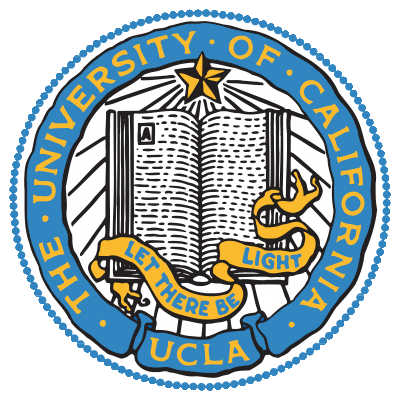Advising
The graduate advisor may be contacted in the program office. The interdepartmental program's Student Affairs Officer is the advisor regarding the departmental, Graduate Division, and University regulations and procedures.
Entering students are assigned a faculty advisor. The student is expected and encouraged to meet with their advisor quarterly regarding their academic program, particularly at the beginning of each quarter to prepare and approve the study list. Students usually retain this advisor until they begin research work for the Ph.D. degree, at which time the chair of the dissertation committee becomes the advisor.
Special problems regarding graduate students are first discussed with the student's advisor, and, as needed, during quarterly faculty meetings. These problems are brought to the attention of the program director either by the student, the student representative, the instructor or the advisor. If academic progress is satisfactory, oral evaluations are made; if the progress is unsatisfactory, the student is informed in writing by the director of the graduate program, who explains possible remedial action and the consequences of unsatisfactory progress. Progress during the first year of graduate study is based primarily upon grade-point averages. When the grade-point average falls below the minimum 3.0, the student is put on probation for the following quarter. A substantial improvement must be made at the end of that quarter; otherwise, the student is subject to dismissal. If, at the end of the third quarter the grade-point average is still below 3.0, the student is recommended for termination of graduate status.





















